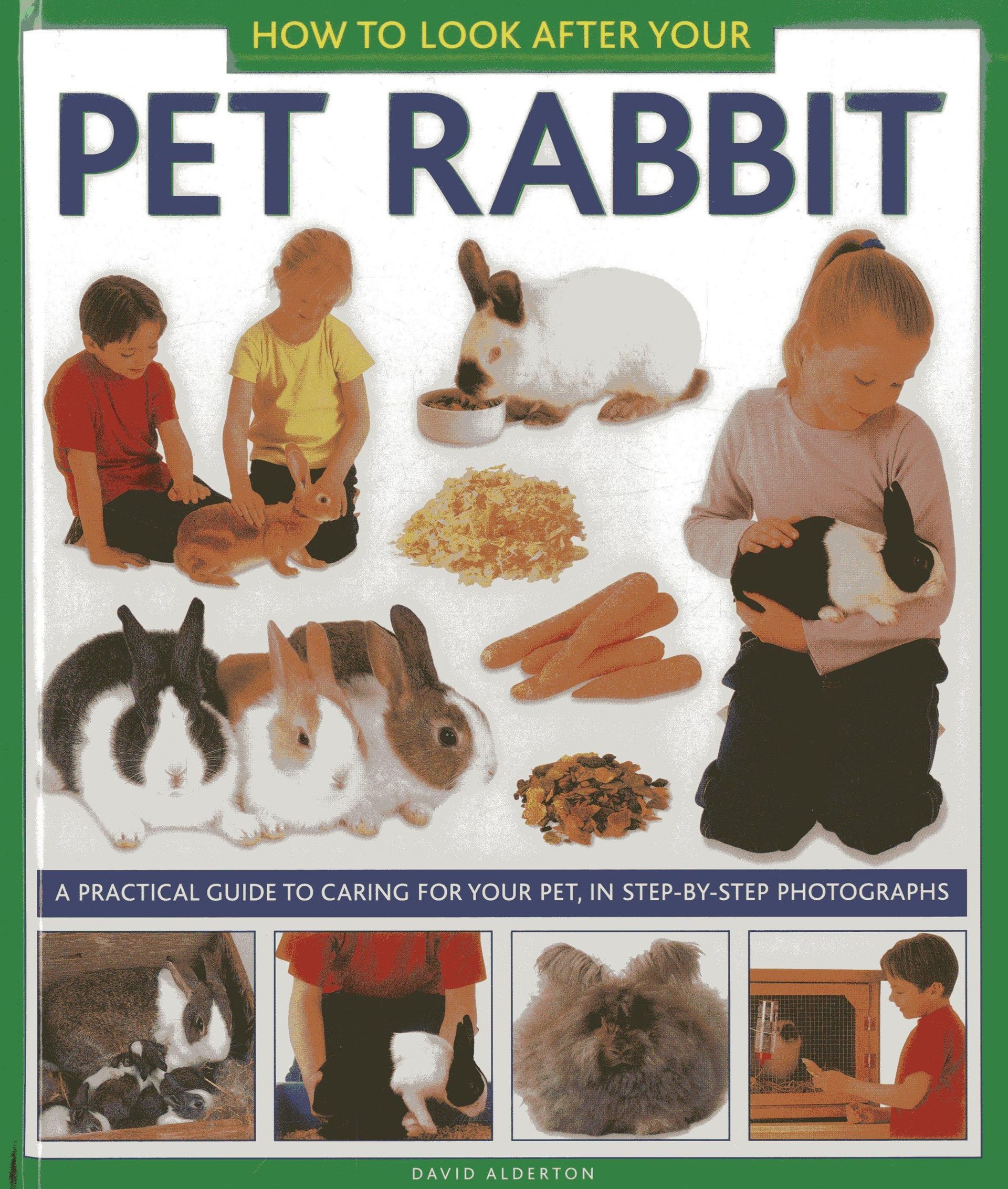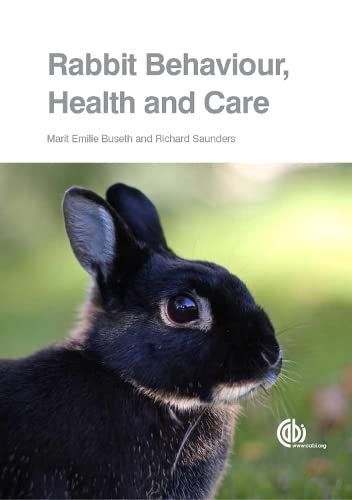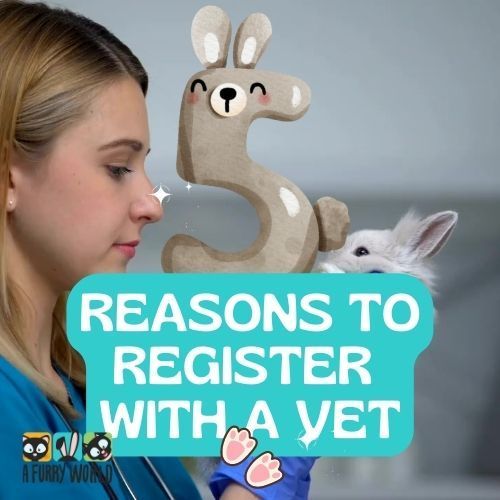Rabbit carrier medium: https://amzn.to/3MX5rPw
The Iris Ohyama, is a foldable pet carrier for rabbits and cat at a max capacity of 10 kg.
This front opening transport box is well ventilated easy to store Pet Carry FC-550

Yes, travelling can be stressful for rabbits. Rabbits are sensitive animals, and changes in their environment or routine can cause stress and anxiety. Here are some factors that can contribute to stress when rabbits travel:
1. Noise: Loud noises such as traffic or honking horns can be frightening to rabbits and cause them stress.
2. Motion: Rabbits may become disoriented and uncomfortable with the motion of a moving vehicle.
3. Temperature: Extreme heat or cold can cause stress and discomfort for rabbits, especially if they are not acclimated to the temperature.
4. Unfamiliar surroundings: Rabbits may become stressed when they are in an unfamiliar environment, such as a car or a new home.
5. Lack of food or water: A lack of access to food or water during the journey can cause rabbits to become dehydrated and uncomfortable.
How do I best transport my new rabbit home?
Whilst travelling can be stressful for rabbits, there are several things you can do to help keep your rabbit calm in the car. When transporting a new rabbit home, it's important to keep their safety and comfort in mind. Here are some tips to help you transport your new rabbit safely:
1. Use a pet carrier: A pet carrier is the safest way to transport your rabbit. Make sure the carrier is well-ventilated and secure and it needs to be large enough for your rabbit to stand up, turn around, and lie down comfortably.
2. Familiarise your rabbit with the carrier: Before the trip, let your rabbit spend some time in the carrier so they can get used to it. Place treats and toys in the carrier to make it a positive experience. Your breeder or rescue organisation should hopefully be happy to help with this a couple of weeks leading up to your collection.
3. Provide food and water: Offer your rabbit hay or pellets during the journey, and make sure they have access to fresh water. This can help keep your rabbit occupied and reduce stress.
4. Keep the car quiet and cool: Rabbits can be easily stressed by loud noises and sudden movements, so try to keep the car quiet and avoid sudden stops or turns. Try to also keep the car as quiet and cool as possible as loud noises and heat can make your rabbit feel more anxious.
5. Keep the carrier secure: Make sure the carrier is securely fastened in the car so that it doesn't move around during the journey. You can use a seatbelt or other restraint to secure the carrier.
6. Cover the carrier: Covering the carrier with a blanket or towel can help your rabbit feel more secure and prevent them from getting overstimulated but make sure that it is still ventilated.
7. Talk to your rabbit: Talking to your rabbit in a calm and reassuring voice can help them feel more relaxed and secure.

Remember to also ensure that the carrier is well-ventilated and secure, with no sharp edges or loose parts that could harm your rabbit. By providing a comfortable, quiet and safe environment for your rabbit, you can help reduce their stress during transportation.

Remember that rabbits require daily care and attention, so make sure you are prepared to provide them with the care and love they need. Enjoy your new furry friend!
However, it typically takes a few days to a few weeks for a rabbit to fully adjust to their new environment and feel comfortable in their new home.
During this adjustment period, it is important to provide your rabbit with plenty of attention, love, and familiar items to help them feel secure. You may notice that your rabbit is more timid or skittish during this time, but with patience and gentle handling, they will likely become more relaxed and confident over time.
It's also important to note that some rabbits may take longer to adjust to a new home, especially if they have experienced trauma or stress in the past. If your rabbit is having difficulty settling in, be patient and give them plenty of time and space to adjust. If you have concerns about your rabbit's behaviour or health during this time, consult with a veterinarian or an experienced rabbit care professional for guidance.
Can I hold my bunny on the first day?
It's generally best to avoid holding your bunny on the first day you bring them home. Rabbits can be easily stressed by new environments and experiences, and being picked up and held may be overwhelming for them.
Instead, allow your bunny to settle into their new environment and get comfortable in their cage or pen. Spend time near their living space and offer them treats, talk to them in a gentle voice, and let them come to you at their own pace.
Once your bunny has had a chance to adjust to their new environment and begins to feel more comfortable with you, you can start to slowly introduce handling. Start with short, gentle interactions, such as stroking their head or back while they are in their cage, and gradually work up to holding them in your lap or arms.
Remember to always handle your bunny with care and gentleness, supporting their body and keeping them secure. And if your bunny seems uncomfortable or stressed at any point, give them space and try again later.
How do you know if your rabbit is stressed?
Rabbits can show signs of stress in a number of ways, and it's important to recognize these signs so that you can address the cause of the stress and prevent further harm to your bunny. Here are some common signs of stress in rabbits:
If you notice any of these signs in your rabbit, it's important to identify the cause of the stress and address it as soon as possible. Some common sources of stress for rabbits include changes in their environment, lack of socialization or exercise, poor nutrition, or health problems. If you are concerned about your rabbit's behaviour or health, consult with a veterinarian or an experienced rabbit care professional for guidance. To learn more about rabbit care and behaviour, you might find these books useful.

How to Look After Your Pet Rabbit: https://amzn.to/43BLvY7
This is a Practical Guide to Caring for Your Pet, in Step-by-step Photographs. It is packed with information about; choosing the right rabbit, preparing a home for it, what to feed it and when, and keeping your pet healthy. You can learn about the different breeds and find out how to pick up and carry your rabbit safely. By Author: David Alderton

Rabbit Behaviour, Health and Care: https://amzn.to/3muFa0a
This book is an thorough, practical guide to understanding and caring for your rabbit.
Develop an understanding of the rabbits nature, which will help you to spot normal and abnormal behaviour.
Acquire essential knowledge about rabbit nutrition, dentistry and disease. By Authors Marit Emilie Buseth and Richard Saunders

5 reasons to get your rabbit signed up with a vet?
There are many reasons why it's important to get your rabbit signed up with a veterinarian who is knowledgeable about rabbit care. Here are five reasons why:
Overall, having a veterinarian who is familiar with rabbit care can provide peace of mind and ensure that your rabbit receives the best possible care throughout their life.
What vet should I take my rabbit to?
You should take your rabbit to a veterinarian who specialises in the care of rabbits or has experience treating rabbits. Not all veterinarians are familiar with rabbit care, and it's essential to find a vet who is knowledgeable about their specific needs. Here are some tips on finding a good rabbit vet:
Remember that rabbits require specialised care, and it's important to find a veterinarian who is familiar with their needs to ensure they receive the best possible care. In vet terms, rabbits fall under exotic animals, so if you can find a vet specialising in exotics, that would be ideal.
How much does a vet charge to see a rabbit in the UK?
The cost of a veterinary consultation for a rabbit in the UK can vary depending on various factors, including the location of the vet clinic, the type of consultation, and the reason for the visit. However, generally, a standard consultation for a rabbit in the UK can cost anywhere from £30 to £60.
It's important to note that the cost of a consultation may not include any additional tests, medications, or treatments that your rabbit may need. Additional costs can vary depending on the type of treatment required.
If your rabbit needs emergency veterinary care outside of regular office hours, the cost may be higher due to emergency surcharges. Some veterinary clinics may also offer preventive health care packages, including regular check-ups, vaccinations, and other preventive care, which may be less expensive than individual appointments.
It's always a good idea to inquire about the cost of veterinary care before scheduling an appointment and to discuss any concerns you may have with your veterinarian. They can help you understand the cost of treatment and provide advice on how to manage any financial concerns you may have.

5 reasons to consider getting insurance for your Rabbit.
By taking these steps when preparing to bring your rabbit home, you can help them feel more comfortable and relaxed during this major change in their and your lives.
Enjoy this wonderful time.
Thank you for reading this post. We hope that you found it helpful and hope to you visit this page again soon. For more information, fun facts and cute photos, please follow us on social media. 🐰
Thank you for reading this post. We hope that you found it helpful and hope to you visit this page again soon. For more information, fun facts and cute photos, please follow us on social media. ❤️
Disclosure & Disclaimer: Some of the links in this blog may be affiliate links, which means we earn a small commission if you click through and make a purchase. This comes at no additional cost to you but helps support the continued production of content. We only recommend products and services we believe will add value to our audience. The content provided is solely for informational purposes. Any advice provided is based on personal experience and research and may not be suitable for everyone. Before implementing any advice, please consult with a professional to ensure it's appropriate for your specific situation. Thank you for your support.
A Furry World Ltd. Copyright © All rights reserved
Privacy & Cookie Policy GDPR Terms of use Affiliate Links
The contents of this site are the property of A Furry World Ltd. No part of this web site may be copied, modified, transmitted, broadcast or reproduced in any form whatsoever without the prior written permission of A Furry World Ltd.
These contents include, but are not limited to, information, documents, graphics, photos, logos and icons, including their design, selection and arrangement.